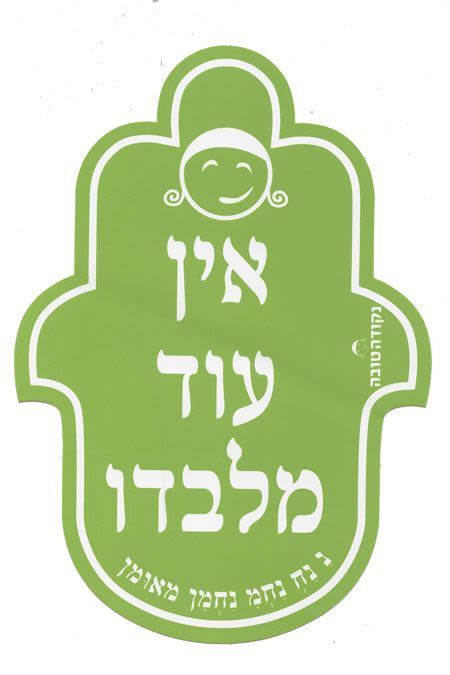
Baruch Dayan HaEmet
People sometimes think that joy means to dance through the streets, or laugh raucously. Genuine joy is a much deeper, real emotion...

Last night I attended a funeral of a very dear friend, Inbal Bat Sheva bat Tikva Rivka. I’m sure that many of our readers have seen my requests to include her in your prayers.
Bat Sheva was only 36 years old when she left this world. Less than a month before she passed away, she merited to witness the birth of her first grandchild. Ten days before her death, she merited to dance at her second daughter’s wedding. Two days after the wedding she was rushed to the hospital. The cancer had spread into her brain, leaving her unable to control her body.
I was privileged to spend a day with Bat Sheva just four days before she passed away. It was extremely difficult to see a woman who had been so full of vitality lying immobile, unable to do anything for herself. But her mind was completely there. She understood exactly what was happening.
After Bat Sheva woke from her nap, we started singing – slow, quiet songs of praise to the Almighty, songs of longing for the Mashiach. At one point we sang, “Mitzvah gedola lihiyot b’simcha, tamid,” “It’s a great mitzvah to be joyous, always.”
“Debbie,” she said, “the challenge is in the ‘always;’ even when there seems to be no reason for joy.”
People sometimes think that joy means to dance through the streets, or laugh raucously. Genuine joy is a much deeper, real emotion, and there is no contradiction between that all-encompassing joy and being upset or mourning.
What is the source of that joy?
The value of material things are in direct proportion to the availability. Diamonds are rare, and therefore valuable. During the holocaust, diamonds were often exchanged for a single slice of life-saving bread. In the Siberian labor camps, gold was useless, while cigarettes were priceless.
The same holds true with our lives. If we were to live forever, then we would never really value our short time on earth. It’s because our lives are so finite that we realize (or at least should realize!) the significance of our time here, that each precious moment in this world is another opportunity to accomplish, to attain our goal, to fulfill our mission.
This awareness – that we are only allotted a limited time in this olam asiyah, world of doing keeps a person focused on his ultimate goal, fulfilling God’s commandments. When a person remains focused on this goal, he has a sense of purpose, and this sense of purpose is the source of true, inner joy.
When I think of my friend Bat Sheva, I think of joy – genuine, inner joy. She worked hard at attaining that joy. Several months ago, when she learned that she was losing her battle with cancer, she told me that her avoda, her divine service, is to continue serving Hashem with joy.
One of Bat Sheva’s favorite expressions was “Az mah?” “So what?” which really meant, “Why waste precious time over such trivialities?” Several women were upset when a mentally ill woman came to our shul and started dancing strangely during the Simchat Torah hakafot. Bat Sheva just laughed and said, “Az mah?” Then she walked over to the woman, took her hands in hers, and started dancing (normally) with her. The ice was broken, and within a few moments all the ladies had joined her. When a dispute threatened to destroy our Breslov community, Bat Sheva invited all the women to a melava malka, to unite them.
At the funeral, Bat Sheva’s husband stood up and cried, “Emes, emes! Truth, truth! Bat Sheva was completely truth. There was no falsehood in her! None, whatsoever!”
That truth – the ability to see beyond trivialities, to go straight to the core of the matter – was the source of Bat Sheva’s joy. She knew the truth. She lived with the truth. She lived for the truth. She valued her time in this world and used it wisely. And because of that, she accomplished.
May the Almighty comfort Bat Sheva’s husband, parents and ten orphans among the mourners of Tzion and Yerushalayim.










Tell us what you think!
Thank you for your comment!
It will be published after approval by the Editor.